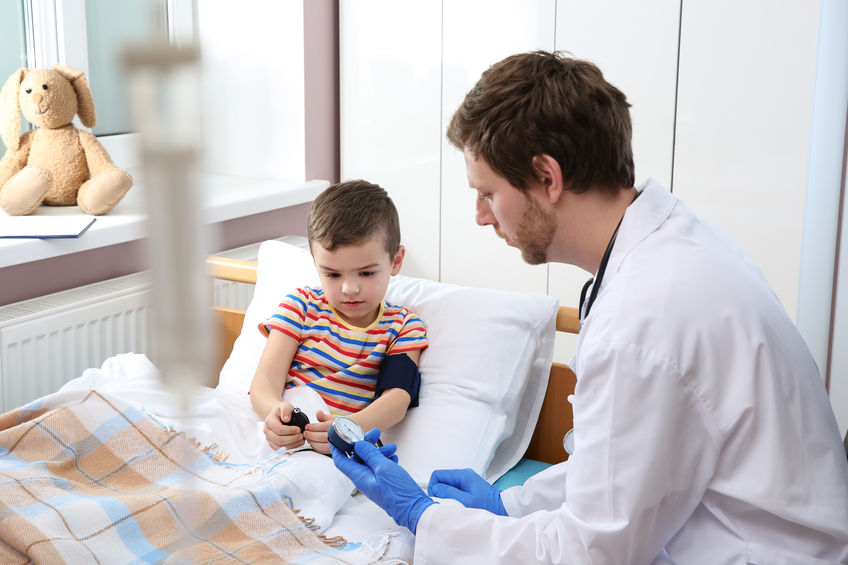
The 3 Most Common Forms of Childhood Cancer
As we noted in our previous blog , September is National Childhood Cancer Awareness Month. As a charity for kids with cancer and other serious illnesses and conditions, all of us at Deliver the Dream are dedicated to helping to increase understanding and awareness throughout the country.
Part of the reason why all the families who have faced the tragedy of a childhood cancer diagnosis and the doctors and researchers dedicated to unlocking the secrets of pediatric cancer and helping more children to survive as well as kids’ charities like ours are so committed to raising awareness around childhood cancer is that a huge funding gap exists between cancer research for adult cancers and the kinds of cancers that plague children.
The 3 Most Common Forms of Pediatric Cancer
Survival rates have improved, but there is still a long way to go in finding treatments for even the most common forms of childhood cancer, which include:
- Leukemia
According to the American Childhood Cancer Organization, “Leukemias involve cancers of the bone marrow and blood, and constitute about 30% of all childhood cancers. The two types we hear about most are acute lymphocytic leukemia (ALL) and acute myelogenous leukemia (AML), both of which can grow quickly and require immediate treatment.”
- Brain and Spinal Cord Tumors
Roughly one quarter of all childhood cancer cases involve some type of brain tumor, such as a glioma, astrocytoma and primitive neuroectodermal tumor. The location of the tumor, as well as its classification, determine what kind of treatment is possible.
- Lymphoma
This is the third most common form of childhood cancer and it is typically grows quickly. That means treatment is required as soon as possible.
There are a lot of children’s cancer charities, but it is not always clear how the charitable donations that they raise are used. Before donating to any charity, be sure to do your homework and make sure your gift will help to support the work you believe in.
Categorised in: Blog
